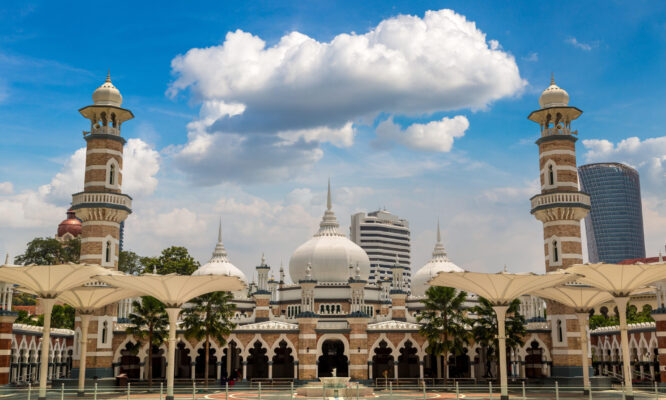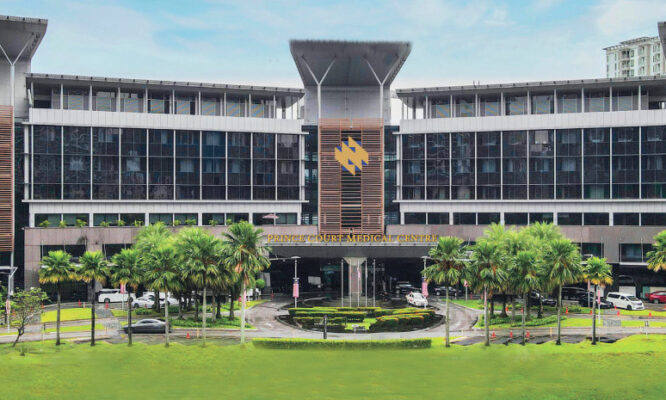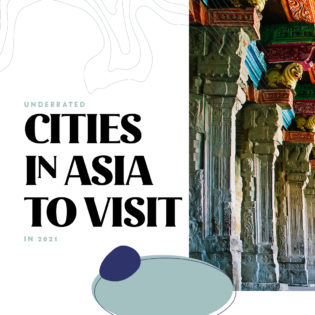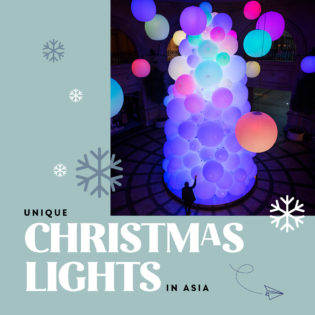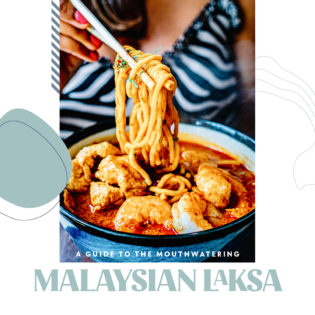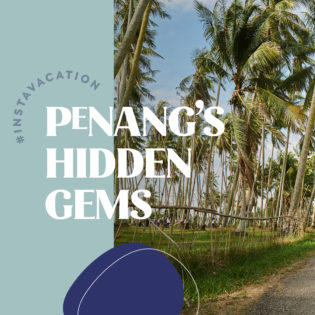Hindu Tamils in Malaysia celebrate the festival of Ponggal to offer thanks to the Sun God for a bountiful harvest
As day breaks, Shivanee Selvaratnam starts preparing the ponggal pot in front of her house.
In the tradition of her Hindu Tamil forefathers, she builds a stove using wood and stones. In its centre, she carefully lays an earthen pot that has been tied decoratively with sugarcane stalks, turmeric and mango leaves. Finally, she fills the pot with fresh rice and milk, and lights up the stove. By the time the milk starts bubbling, the rest of her family have gathered around, eagerly anticipating the climax of the ritual – the moment that the milk overflows and spills over.
The cooking of sweet rice is a highlight of Ponggal, a traditional Hindu Tamil festival that offers thanksgiving to the Sun God for a bountiful harvest. Taking place over four days in the month of Thai (January-February), a season when grain crops such as rice, sugarcane, and turmeric are harvested, Ponggal is celebrated on an even bigger scale than Deepavali in the Indian state of Tamil Nadu, where it originated.
Falling on 14 January every year – it’s the only Hindu festival that follows a solar calendar – Ponggal proper starts with the Bhogi ceremony, which signifies cleansing bad omens that have lingered on from the last harvest cycle. Old and unused household items are discarded while homes are cleaned to welcome the new harvest cycle. Turmeric water is used to clean or bless the house with it; the turmeric leaf is supposed to ward off bad omens. Sugarcane is placed at the entrance as a symbol for everything sweet and good happening for the family. This is also the time to replace the mango leaves, which typically adorn the entrance of Indian houses, with fresh pickings.
The all-important ritual of cooking the rice and milk mixture – ideally using freshly harvested rice – takes place on day two of Ponggal. As the rice mixture boils furiously and spills over the earthen pot, family members cry out “pongollo pongal”. This is a celebratory cheer that literally means “may this rice boil over”, symbolising a wish for overflowing fortunes for the family. Visitors greet each other with “paal pongitha?” which means “Has the milk boiled over in your house?”
The third day of Ponggal, known as Mattu Ponggal, offers thanksgiving to cattle, a sacred animal in India. It is celebrated on a big scale in India, with a lot of games and activities, as many of the population depend on cows for their livelihood. Villagers give their cows a bath, paint their horns and decorate them with garlands.
As Hindu Tamils believe that the birth of the Thai month brings fresh promise, rekindled hope and good fortune, it is said that knotty family problems will be solved with the arrival of Ponggal day. Reflecting the spirit of joyful optimism, many marriages take place in this month. Traditionally, unmarried ladies make ponggal and wear new clothes, gold and silver ornaments, and have special prayers for their future marriage.
Compared to India, Malaysia celebrates Ponggal on a more modest scale, though in the weeks leading up, you can see an unusually high number of Hindu Tamils thronging Little India in Brickfields and Masjid India in search of earthenware pots, sugarcane, bottles of milk, and new sarees. In some households, oil lamps are lit and placed along the perimeter of the house and a colourful kolam may be created out of rice paste, outlining the Sun God Surya's chariot.
Shivanee, a mother of two boys, says, “Although as city dwellers, we don’t reap any harvest, we still celebrate Ponggal because it is one of our most beloved traditions. Through these rites, we can instil values about respecting the Indian traditional and cultural heritage.”
